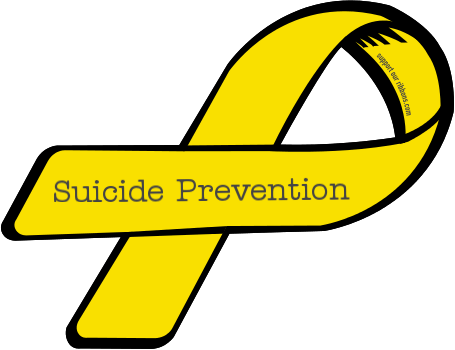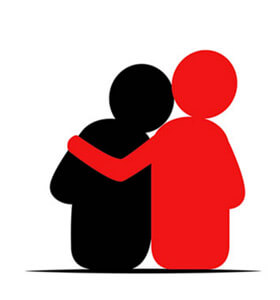Loved Ones and Suicide
Posted on May 12th, 2022
“Do NOT underestimate the hole your absence would leave”
Dr Jordan Peterson

Helping someone who is suicidal can be one of the most confronting experiences as a friend or family member. We can feel an immediate urge to ‘run away’ or to panic, but it’s important to stay calm for our loved one.
If someone you care about has come to you saying they feel suicidal, remember to stay calm. You’re not responsible for stopping them, but you can help them find the right support pathway. Always clearly ask “Do you have a plan?”. If they say yes, ask “What is your plan? Do you have the things (drugs, rope, gun) you need to follow through with your plan?”. If they have the items needed for their plan, it’s important to stay with them and to call emergency services (000).
If they don’t have a plan, it’s important to encourage them to seek professional help. They’ve trusted you as a safe person to talk with, so make sure to continue supporting them when they need, but never feel responsible to save them.
What do do if a friend or loved one is feeling suicidal:
If you have a feeling that a friend or family member is feeling suicidal, remember ALGEE:
• Ask – ask them if they feel suicidal
• Listen – listen to what they are saying and respond calmly, asking if they have a plan, items to follow through with their plan, or a time frame.
• Give advice – this can be as simple as saying “I’m sorry you’re going through this. I feel like we might need to look at talking to someone else”. If you have lived experience (meaning you’ve gone through a similar experience), don’t be afraid to share this with them. They’ve trusted you enough to talk about something uncomfortable for them, it’ll help them feel more comfortable knowing they aren’t alone.
• Encourage to seek other safe people – ask them if they feel comfortable talking to any other friends or family about this. The bigger their support network is, the safer they will be
• Encourage to seek professional help – professionals (like GP’s, psychologists, psychiatrists, emergency services) are trained to help people who are feeling suicidal.
It can be hard as a loved one to not feel responsible for what’s happened, and we may feel like we need to save our loved one from having these thoughts and feelings, but the best thing you can do is asking, listening, and helping them seek professional help.
Things to remember:
• ALGEE (Ask, listen, give advice, encourage to seek others, encourage to seek professionals)
• “Are you feeling suicidal”
• “Do you have a plan”
• “Do you have what you need to complete your plan”
• “Do you know when you will do it”
Emergency Numbers:
Suicide call back service – 1300 659 467
• Lifeline Call – 13 11 14
• Lifeline Text – 0477 13 11 14
• Beyond Blue – 1300 22 4636
• Kids Helpline (5 – 25 years old) – 1800 55 1800
• Emergency services 000

Written by Ryan Cooke, Provisional Psychologist
References:
Kitchner, B., Jorm, A., and Kelly, C. (2017). Mental Health First Aid Manual (4th ed.). Melbourne: Mental Health First Aid Australia.

